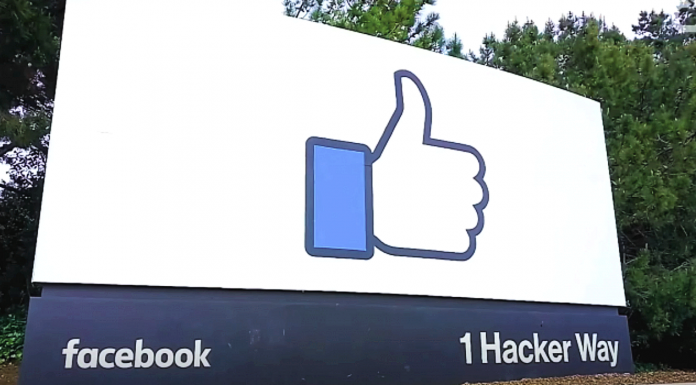Facebook plans to “rank” political content in order to “depoliticize” its platform and reduce the amount of political material users see on their news feeds.
“Over the next few months, we’ll work to better understand peoples’ varied preferences for political content and test a number of approaches based on those insights,” the social media company announced on Wednesday.
“As a first step, we’ll temporarily reduce the distribution of political content in News Feed for a small percentage of people in Canada, Brazil and Indonesia this week, and the US in the coming weeks,” it said. “During these initial tests we’ll explore a variety of ways to rank political content in people’s feeds using different signals, and then decide on the approaches we’ll use going forward.”
Facebook CEO Mark Zuckerberg said late last month that he thinks there is too much political content on the platform.
“There has been this trend, I think, across society where a lot of things have become politicized and politics has kind of had a way of creeping into everything,” he said during a conference call. “A lot of the feedback that we see from our communities [is] that people don’t want that in their experience.”
Meanwhile, Facebook—which invested millions into efforts to influence the election in Democrats’ favor by circumventing voting laws—has been busy purging its platform of all the political content it dislikes.
The company permanently banned former president Donald Trump following the Jan. 6 Capitol riot and began removing users associated with the QAnon movement last October.
“It’s important to note that we’re not removing political content from Facebook altogether,” Aastha Gupta, Facebook’s product management director, said in a statement.
“Our goal is to preserve the ability for people to find and interact with political content on Facebook, while respecting each person’s appetite for it at the top of their News Feed,” he said.
Companies came under fire during the Trump administration amid threats that their editorial curation of political content could result in the loss of protections afforded under Section 230 of the Communications Decency Act.
The provision allows user-driven social-media platforms to avoid consequences for matters like libel and copyright that other publishing companies must adhere to.

